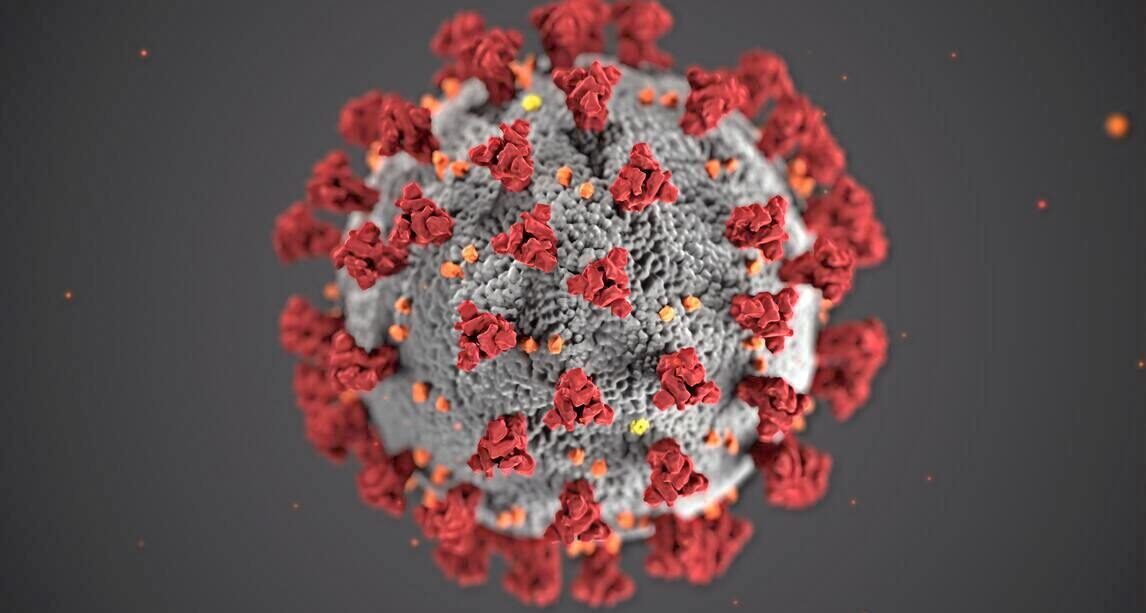Delta Plus COVID Variant- How to Prevent Infection
Amidst the ongoing coronavirus pandemic, new variants have been hogging headlines for several months and are deemed to be of a more infectious nature. Health authorities in several countries are already flagging anxieties related to the new Delta Plus coronavirus variant. Countries are also issuing health updates where this variant has been identified in patients on the basis of specific pandemic symptoms. India has already announced 40 Delta coronavirus variant related cases and this mutation is reportedly making the infectious virus more transmissible. India has advised all its States to ramp up COVID testing as a result.
Learning more about the Delta Plus variant
The Delta Plus variant in India was reported first in a bulletin by Public Health England on the 11th of June this year. It is a sub-strand of the Delta variant first identified in India and has now acquired the K417N spike protein mutation which is also present in the Beta variant that was first identified in South Asia. Some scientists are anxious that this mutation, fused with other existing Delta variant features, may lend it more transmissible attributes. A microbiologist from the University of East London, Sally Cutler, has already written that the Beta’s K417N mutation may be helping the coronavirus evade any neutralizing antibodies which are crucial components of the immune defence mechanisms of our bodies. This indicates that it may make antibody drugs and vaccines less effective while scaling up reinfection risks alongside.
The same concern has been reported by the Union Health Ministry of India, which stated that the K417N mutation has been garnering more attention since it is there in the Beta variant with B.1. 351 lineage which was earlier reported for possessing immune evasion attributes. Leading Indian virologist, Shaheed Jameel, has stated that the K417N mutation was known to lower the overall effectiveness of a cocktail of various antibodies that were used for COVID-19 treatments.
Delta Plus variant detection
As of the 16th of June this year, a minimum of 197 such cases have been discovered in 11 global countries, namely 8 in India, 36 in Britain, 1 in Canada, 9 in Poland, 15 in Japan, 3 in Nepal, 1 in Russia, 22 in Portugal, 18 in Switzerland, 1 in Turkey and 83 in the United States. India has subsequently stated that 40 cases of this variant had been seen in the States of Madhya Pradesh, Kerala and Maharashtra, although without any considerable increase in overall prevalence. The earliest reported case in the country was on the 5th of April this year with a sample taken on that date. Britain has confirmed its first 5 cases being sequenced on the 26th of April and they were contacts of people who had travelled from or transited through Turkey and Nepal. No deaths have been reported for the Indian and UK cases.
Other aspects
Studies are currently going on in India and worldwide to ascertain the effectiveness of prevalent vaccines against this particular mutation. At the same time, people are being advised to strongly adhere to COVID-19 protocols and distancing norms in spite of getting vaccinated. People are increasingly relying on personalized care at home for meeting medical needs instead of visiting crowded hospitals while there is always a pharmacist helping to control pandemics by creating specific formulations of medicines.
The WHO (World Health Organization) is already tracking the Delta Plus variant as a part of the mainstream Delta variant as it is doing for other such concerning variants with any extra mutation as per its own official statement. The WHO has already stated that currently, this variant does not seem to be as common and presently accounts for just a smaller portion of the entire Delta sequence. Delta variants and other circulating variants of anxiety still remain higher risks for overall public health since they have shown transmission increases as per the WHO’s statements. Many experts are still undecided about the declaration of Delta Plus as a variant of concern by the Indian Government, stating that evidence is still insufficient for calling it more deadly or infectious. Gagandeep Kang, a noted virologist, has stated to the BBC that no data exists yet for backing this claim regarding the Delta Plus variant being a variant of concern. She has stated that clinical and biological data were needed for considering whether this is certainly a variant of concern or not.
However, the Union Health Ministry of India has issued a warning that regions where the Delta Plus variant has been discovered, may have to ramp up overall public health system responses by emphasizing more on higher testing, surveillance and swift tracing of contacts in addition to priority vaccinations. There are anxieties over Delta Plus leading to another worldwide flurry of infections and the same concerns exist in India which has just emerged from the worst surge in cases worldwide. This mutation itself may not create any such third wave in India since it also depends upon COVID-19 suitable behavioural patterns of citizens although it may be a key reason behind any such wave as per scientist Tarun Bhatnagar, working with the State-run Indian Council for Medical Research. Adhering to COVID-19 suitable protocols is the only way out to beat infections as per experts. Wearing a mask, maintaining social distance, avoiding crowded gatherings, hand-washing and sanitization and quick reporting of infections remain the only ways to combat this infection.



